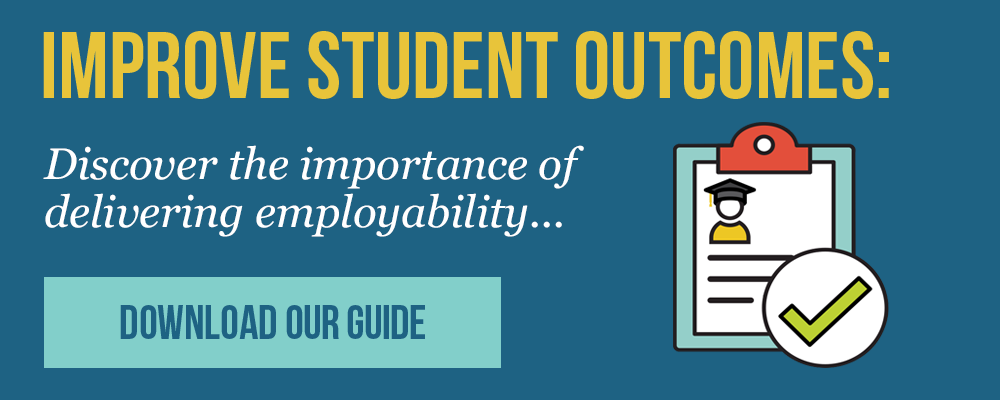
It might feel like centuries ago, but can you remember what motivated you to choose your degree? Maybe you come from a long line of doctors and so medicine was the obvious choice. Perhaps your fascination with the great Renaissance artists incited you to study History of Art. Or you were thinking of your future earning potential when you applied for that degree in computer science. Whatever drove you to where you are now, career planning will influence how you put that discipline to use. Without career planning, fulfilling your professional dreams becomes more challenging, especially in today’s competitive job market. In this blog post, we explore popular career paths and what employers are looking for in their ideal job candidate.
Find the overlap between your skills, interests and the job opportunities
A large part of career planning is understanding the job market and then aligning your interests and skills with the opportunities out there. The good news is that in the UK many employers are increasing graduate vacancies, according to this High Fliers report. Sectors with the most number of vacancies in 2017 are accounting and professional services, the public sector and the engineering and industrial industries, with the average graduate starting salary at £30,000. Get a job at an investment bank, a law firm or in the oil and energy industry and you’re looking at a much higher salary. If you aren’t studying engineering or any other degree that would make an obvious choice for the above industries, don’t worry: there are plenty of roles within those industries that will require different degrees (anything from human resources to marketing and media studies).
If you’re studying a popular degree, bank on stiff competition when applying for jobs
Besides having a sense of what’s happening in the job market, understanding the popularity of degrees can also provide you with information about what are likely to be the most competitive employment niches. This blog from the Mindler career assessment website ranks 2017’s degrees by popular choice, with engineering coming out top, followed by design and medicine. If you’re studying a popular degree it’s likely that whichever roles you apply for will have many other applicants with the same qualification as you: your degree alone is no longer enough to demonstrate your potential as a future employee.
As a graduate in 2017, you’ve got to find your own unique selling point
Although many work experience placements and internships are now remunerated, the number of these placements – which are just as important for getting a job as having a degree – on offer by the UK’s top employers will drop by 4.3% this year, which means that there’s more pressure on graduates to really stand out from the pack. But how do you do this (besides upping the revision and extra curricular activities)?
Employability skills and career planning are your first steps to a winning career
What employers really want to see in their future employees is the right combination of employability (aka transferable or soft) skills, as these are much harder to teach on the job than technical know-how. The encouraging thing is that you have the power to develop these skills for yourself, starting today. A career development programme, such as our Industry Engagement Programme (IEP) , can help you do just that. For more information about enhancing your employability and making yourself a more attractive job candidate, download our guide.


